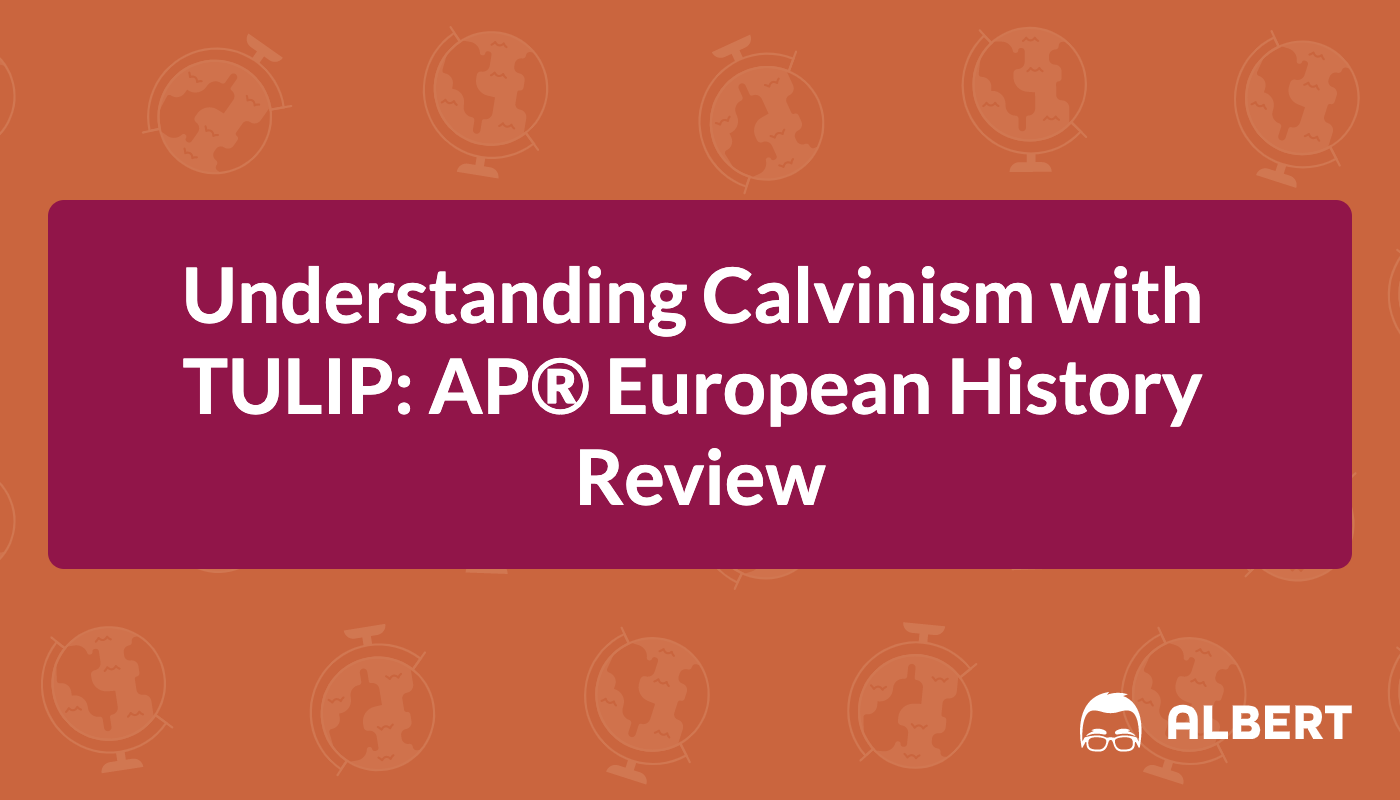What Does Decree Mean? A Biblical Definition of Decree
LAST UPDATED ON: AUGUST 14, 2015 AT 10:17 AM
AUGUST 14, 2015 BY
JACK WELLMAN
What does the Bible mean by “decree?” How is it used in the Bible and what is the biblical definition of decree?
A Secular Definition of Decree
To make a decree is to have an authoritative order having the force of law. It could be the judgment of a court of equity as well as being an official order, edict, or decision, as that of a church, government, court, or by God and is something that is or seems to be foreordained and is unbreakable. Decrees are typically enforced and if not upheld, those who break decrees are punished and there could be legal consequences with the severity of the punishment equal to that of the level of whatever the decree prohibits. One example of a decree is that in most nations, the citizens have to pay taxes and this is completely compulsory.
A Governmental Decree
Governments often declare decrees that are administered for the entire population where the government has the authority to create them and order them as well as enforce them and for those who refuse to obey those decrees, they are subject to the judgments of the governmental authorities. For example, in ancient Judea “a decree went out from Caesar Augustus that all the world should be registered” (Luke 2:1). This decree commanded by Caesar Augustus was mandatory and was like a census for the purposes of taxing the population. The local citizens had to return to their place of origin or birth so that taxes could be levied and the number of citizens could rightly be ascertained. The Roman government didn’t take lightly to anyone refusing to follow the decrees of Caesar. This follows what Solomon wrote about God that “By me kings reign, and rulers decree what is just” (Prov 8:15).

God’s Decree
God has been working for thousands of years on His plan or decree of redemption for mankind, particularly those who submit to God in repentance and faith. This has been hidden for thousands of years but became crystal clear at the cross of Christ where He shed His blood for the forgiveness of sins. In writing about this mystery, Paul declared “Yet among the mature we do impart wisdom, although it is not a wisdom of this age or of the rulers of this age, who are doomed to pass away. But we impart a secret and hidden wisdom of God, which God decreed before the ages for our glory. None of the rulers of this age understood this, for if they had, they would not have crucified the Lord of glory” (1st Cor 2:6-8). This is why Jesus said “Father, forgive them for they know not what they do” (Luke 23:24). They didn’t know what they were actually doing and so if Christ hadn’t ask the Father to forgive them for this great sin done in ignorance, they could not have been forgiven for it. Ignorance is no excuse for sin.
Disaster Decreed
God Himself declares or gives Jeremiah this decree for the disobedient nation of Israel and of Judah “The Lord of hosts, who planted you, has decreed disaster against you, because of the evil that the house of Israel and the house of Judah have done, provoking me to anger by making offerings to Baal” (Jer 11:17). We might think this is harsh but love is equal to discipline for every son and daughter God loves He also disciples (Prov 3:12; Heb 12:6). The opposite of love is not hate; it is indifference. This is why the psalmist wrote “Your decrees are very trustworthy; holiness befits your house, O Lord, forevermore” (Psalm 93:5) and “he established them forever and ever; he gave a decree, and it shall not pass away” (Psalm 148:6). If God punished the nations of Israel and Judah for their disobedience, what makes us think that He won’t do the same for any nation that turns its back on God?
Unrighteous Decrees
God knows the tendencies of the human heart and so did Paul in writing “Though they know God’s righteous decree that those who practice such things deserve to die, they not only do them but give approval to those who practice them” (Rom 1:32). This shows that those who sin not only love their sin but the give their hearty approval of those who do. God says of such people “Woe to those who decree iniquitous decrees, and the writers who keep writing oppression, to turn aside the needy from justice and to rob the poor of my people of their right, that widows may be their spoil, and that they may make the fatherless their prey” (Isaiah 10:1-2). That happened in ancient Israel and it is still happening today around the world but God has said “This is the wicked man’s portion from God, the heritage decreed for him by God” (Job 20:29).
Conclusion
God has decreed that through Jesus Christ we can be forgiven of our sins and be declared righteous in His sight (2nd Cor 5:21) if we repent and trust in the only name given to us where we can be saved (Acts 4:12). Otherwise, God has also decreed disaster for those who refuse to humble themselves and that day of reckoning is coming, either after the person dies (Heb 9:27) or when Christ returns (Rev 20:12-15), and there is nothing you can do about it or to change it for God declares “for I am God, and there is no other; I am God, and there is none like me, declaring the end from the beginning and from ancient times things not yet done, saying, ‘My counsel shall stand, and I will accomplish all my purpose’” (Isaiah 46:9-10).
Article by Jack Wellman
Jack Wellman is Pastor of the Mulvane Brethren church in Mulvane Kansas. Jack is also the Senior Writer at
What Christians Want To Know whose mission is to equip, encourage, and energize Christians and to address questions about the believer’s daily walk with God and the Bible. You can follow Jack on
Google Plus or check out his book Blind Chance or Intelligent Design available on Amazon.

www.albert.io







